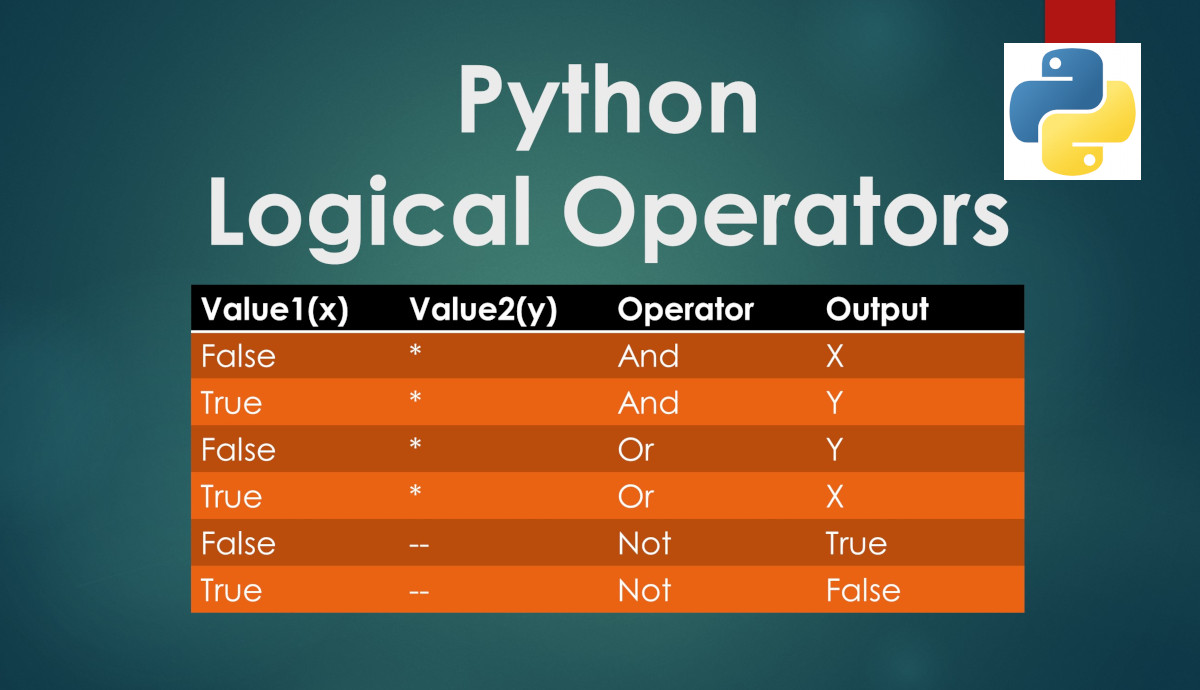What are Logical Operators in Python
What are Logical Operators in Python
In Python, logical operators are used to combine conditional statements. These operators return a Boolean value based on the result of the conditional statements.
For example, the and operator returns True if both of the conditional statements it connects are True. Otherwise, it returns False. For example:
Copy code
a = 5
b = 10
# check if a is greater than 0 and b is greater than 0
c = a > 0 and b > 0
print(c) # Output: True
# check if a is less than 0 and b is less than 0
c = a < 0 and b < 0
print(c) # Output: False
Similarly, the or operator returns True if either of the conditional statements it connects are True. If both of the statements are False, it returns False. For example:
Copy code
a = 5
b = 10
# check if a is greater than 0 or b is greater than 0
c = a > 0 or b > 0
print(c) # Output: True
# check if a is less than 0 or b is less than 0
c = a < 0 or b < 0
print(c) # Output: False
In addition to these operators, Python provides the not operator, which negates a conditional statement. For example, not (a > 0) returns False if a is greater than 0, and True if a is not greater than 0.
Overall, logical operators are an important part of Python, and they can be used to combine multiple conditional statements to create more complex logical expressions. They are often used in combination with if statements and while loops to control the flow of a program.




Comments
Post a Comment
If you have any doubts. Please let me know.